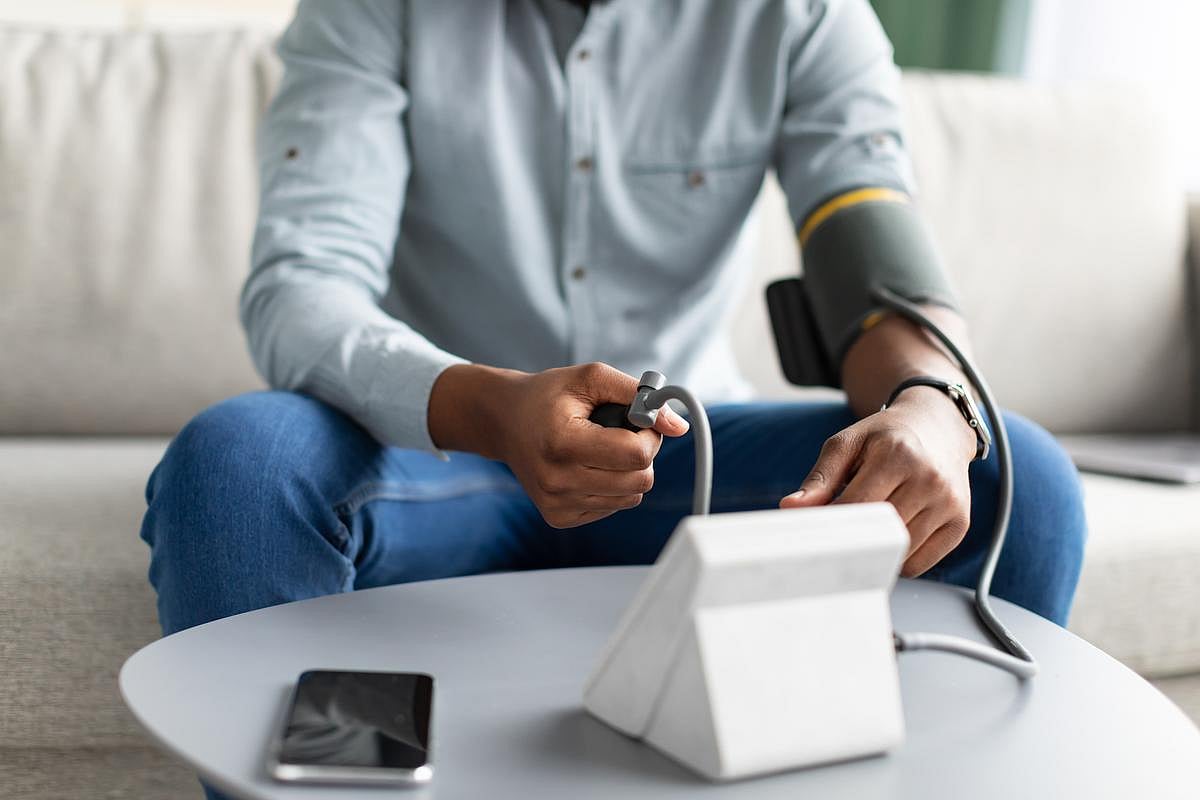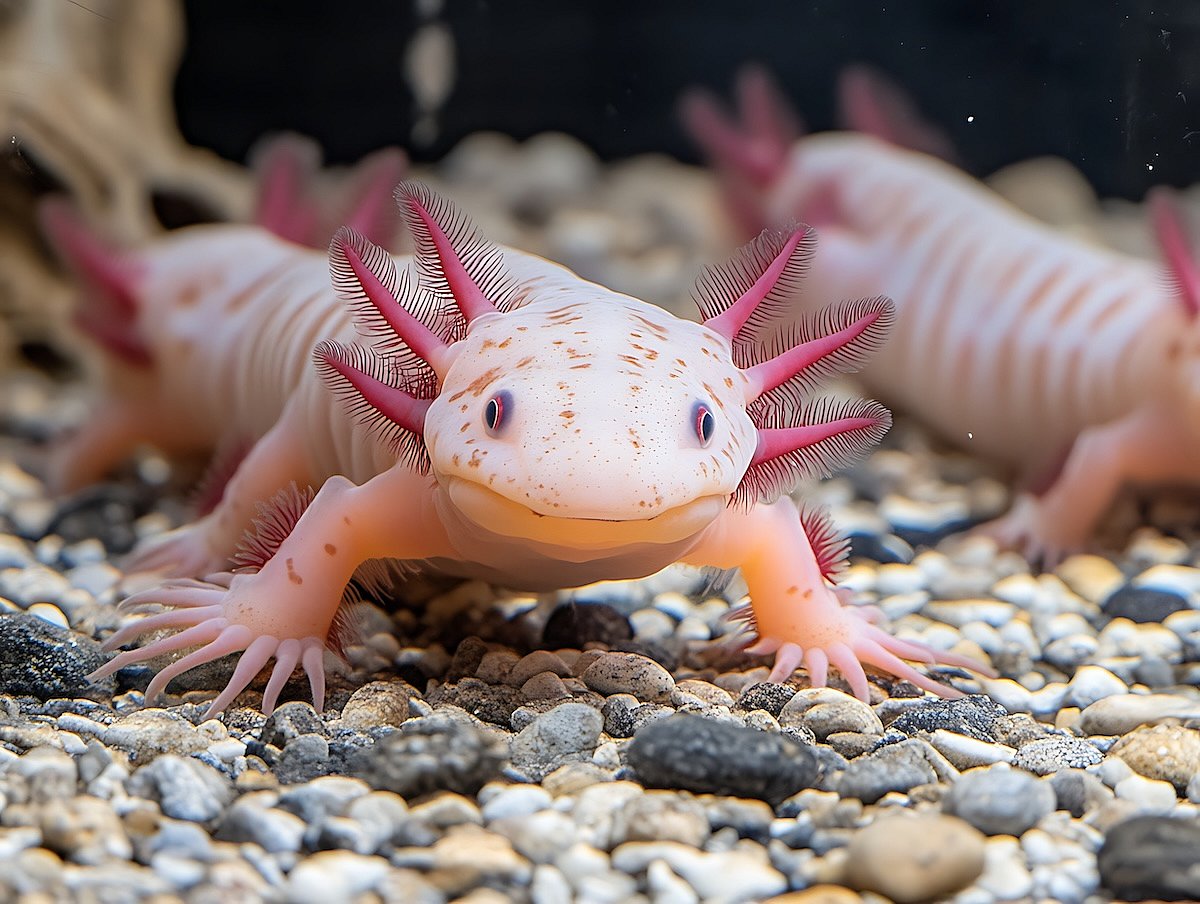
A good number of people don’t know that high blood pressure is a silent killer, increasing a person’s heart risk with no obvious symptoms, a new poll has found. More than a third of Americans (37%) erroneously think high blood pressure always has noticeable symptoms like dizziness or shortness of breath, according to a survey… read on > read on >

















